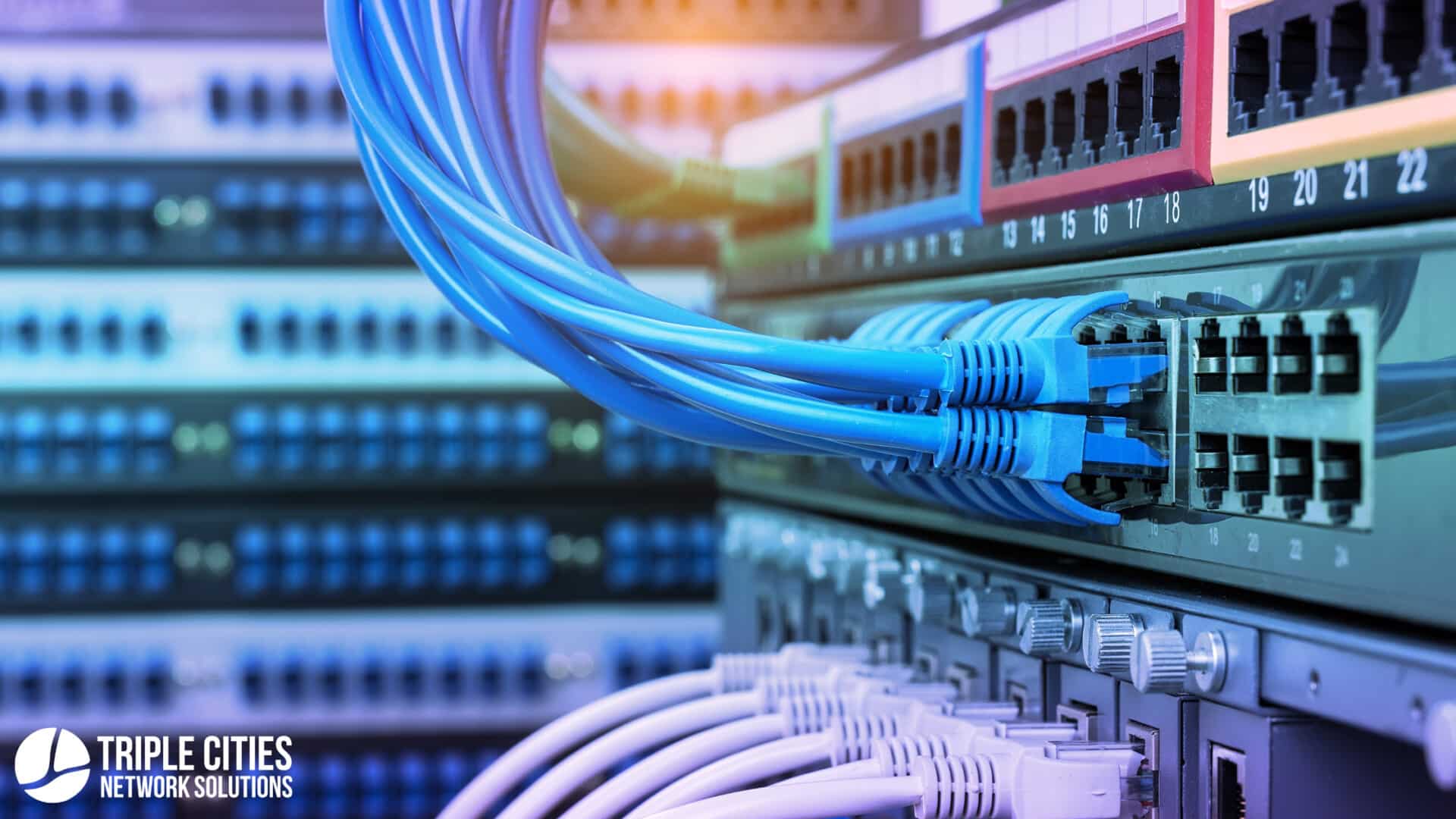Businesses face risks ranging from malicious software to sophisticated hacking attempts. Data is a cornerstone of success, and protecting sensitive information is paramount. One essential tool in the arsenal of cybersecurity defense is the firewall. Yet, despite its critical role, the firewall often operates quietly in the background, shielding businesses from many threats without much fanfare. So, why exactly do businesses need a firewall?
First things first, let’s clarify what a firewall is. A firewall is a network security device that monitors and controls incoming and outgoing network traffic based on predetermined security rules. It is a barrier between a trusted internal network and untrusted external networks like the Internet. A firewall serves as the gatekeeper of your digital fortress, inspecting every packet of data that attempts to enter or leave your network and deciding whether to allow or block it based on predefined security policies.
Protecting Against External Threats
Businesses need a firewall to safeguard their networks from external threats. The internet has many potential dangers, including malware, viruses, ransomware, and hackers looking to exploit vulnerabilities for nefarious purposes. A firewall acts as the first line of defense, analyzing incoming traffic and blocking malicious attempts to infiltrate the network. The firewall helps prevent cyberattacks and unauthorized access to sensitive information by filtering out potentially harmful data packets.
Securing Remote Access
Securing remote access to corporate networks has become increasingly critical with remote work. Employees accessing company resources outside the traditional office environment introduce additional security risks. A firewall can be crucial in securing remote access by implementing virtual private network (VPN) connections. VPNs establish encrypted tunnels between remote devices and the corporate network, ensuring secure communication and data transfer. By enforcing access controls and encryption protocols, the firewall enables employees to work remotely without compromising network security.
Regulatory Compliance
Compliance with industry-specific data protection regulations is non-negotiable for businesses operating in regulated industries. Regulatory frameworks such as the General Data Protection Regulation (GDPR), Health Insurance Portability and Accountability Act (HIPAA), and Payment Card Industry Data Security Standard (PCI DSS) impose stringent requirements for safeguarding sensitive data. A firewall helps businesses achieve regulatory compliance by implementing access controls, intrusion detection, and logging mechanisms. Companies can avoid costly fines and reputational damage from compliance breaches by adhering to established security standards.
Controlling Internal Traffic
While external threats often receive the lion’s share of attention, businesses must also address internal security risks. Insider threats, accidental data leaks, and unauthorized access by employees pose significant challenges to data security. A firewall can help mitigate these risks by monitoring and controlling internal network traffic. By defining access policies and segmenting network resources, businesses can limit the scope of potential breaches and prevent unauthorized users from accessing sensitive data. Additionally, firewalls can detect and block suspicious behavior within the network, providing an extra defense against insider threats.
In conclusion, the firewall is an indispensable guardian of business cybersecurity. It tirelessly defends against external threats, secures remote access, ensures regulatory compliance, and controls internal traffic. While its role may go unnoticed, the importance of the firewall cannot be overstated. By investing in a firewall and implementing best practices for network security, businesses can strengthen their security posture and safeguard their most important asset: their data.
Contact the TCNS team today to learn more about our firewall solutions from leading vendors like Cisco, Sophos, and SonicWall.


